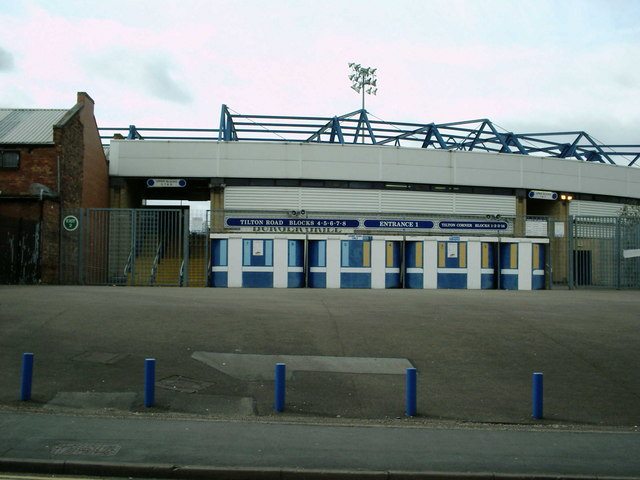The Rowett revolution becomes a reality
Gary Rowett’s successful tenure has received acclaim from fans and pundits alike, but behind the scenes at Birmingham City’s parent company BIHL, a real power struggle is underway.
To the average football fan, the once frantic ship of Birmingham City would appear to have steadied. New manager Gary Rowett has propelled the club to the welcoming comfort of mid-table, the Blues having previously languished in 18th position just a few months ago. However to those in the know, the parent company of the club Birmingham International Holding Limited is undergoing a board room civil war that threatens to undermine all of Rowett’s hard work on the front line.
The key division on the surface lies between former club Chairman Peter Pannu, and Pavlos Pavlakis, current Director of Birmingham City whose passionate and hands on approach to the club has won much admiration from the fans. Despite having been found guilty of money laundering, infamous ex-owner Carson Yeung still possesses bulk shares in BIHL and so can indirectly assert influence over the club; and his support seems firmly placed with Peter Pannu. During his tenure at Birmingham, Pannu gained a bad reputation for refusing to sell the club and his relationship with Yeung.
This situation was further complicated when Pannu launched an expletive filled online rant against one of the club’s most loved and best informed bloggers Daniel Ivery, creator of ‘Often Partisan’. Amid a football league investigation over the comments, Pannu announced his resignation from his role at Birmingham, with the club siding with Ivery and telling press they believed the threats were genuinely made by Pannu. This kind of behaviour from a 49 year old businessman epitomises the state of the Hong Kong consortium that has been controlling Birmingham City for the past 4 years. The fact that the club has such a discontinuity with its owners as to side with a fan on an issue such as this emphasises the severity of the situation.
Over the past week the personnel of BIHL has become the cast of a pantomime, participating in a game of executive musical chairs. First Pannu was re-elected as an Executive Director with an 85% agreeing margin, despite a growing petition from fans to keep him out of the club and allegations of Yeung’s bulk share-ownership influencing this result. This apparently seemed to be the end for Pavlakis who received an 84% margin against in the same election, however the next day it was announced that he would be returning to the board as an executive director alongside two other members.
The kind of language used by Ivery and those close to the club has been telling of the nature of events. In his article Civil Wars and Rumours Ivery said: “I’ve often alluded to a civil war inside BIH caused by the vacuum of power at the top; without Carson as a figurehead it seems to be a continuing battle over who gets the metaphorical conch shell to make the decisions to take the company forward.” Meanwhile fans of the club have started to take the Rowett Revolution as a literal movement against Pannu, rallying behind Panos in attempt to force Carson and Pannu out of the club.
As of yet the dramatic back room situation has not affected the team’s form on the pitch, with the recent 3-2 comeback victory over the appropriately named Blyth Spartans underlining the immense spirit Rowett has instilled in the team. Where the story will go next cannot be known, but its status as an important local issue for Warwick and the West Midlands is undeniable. Ultimately the thought of a club’s future being determined completely independently of any of its fans is a concerning enough thought to resonate with any sports fan, and for that reason the need for new owners has never been greater in Birmingham.

Comments